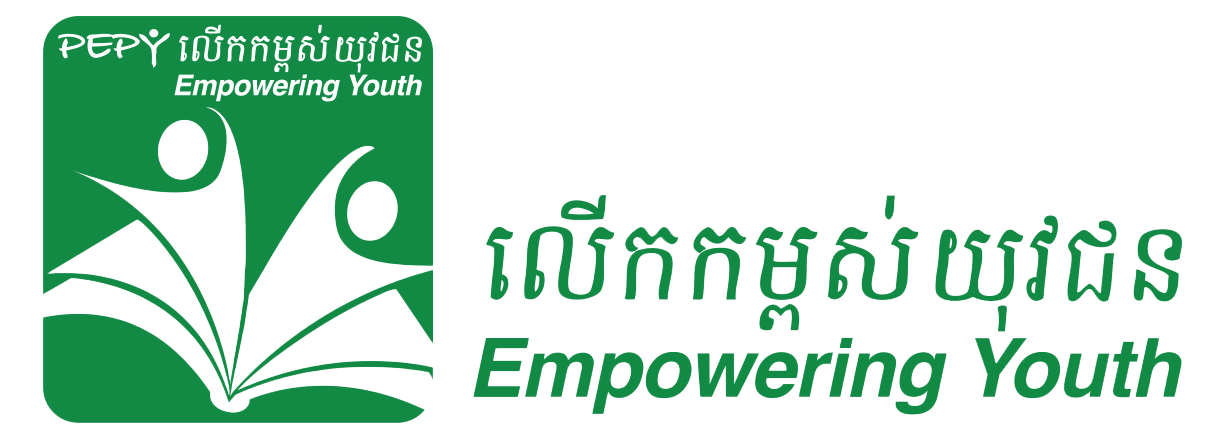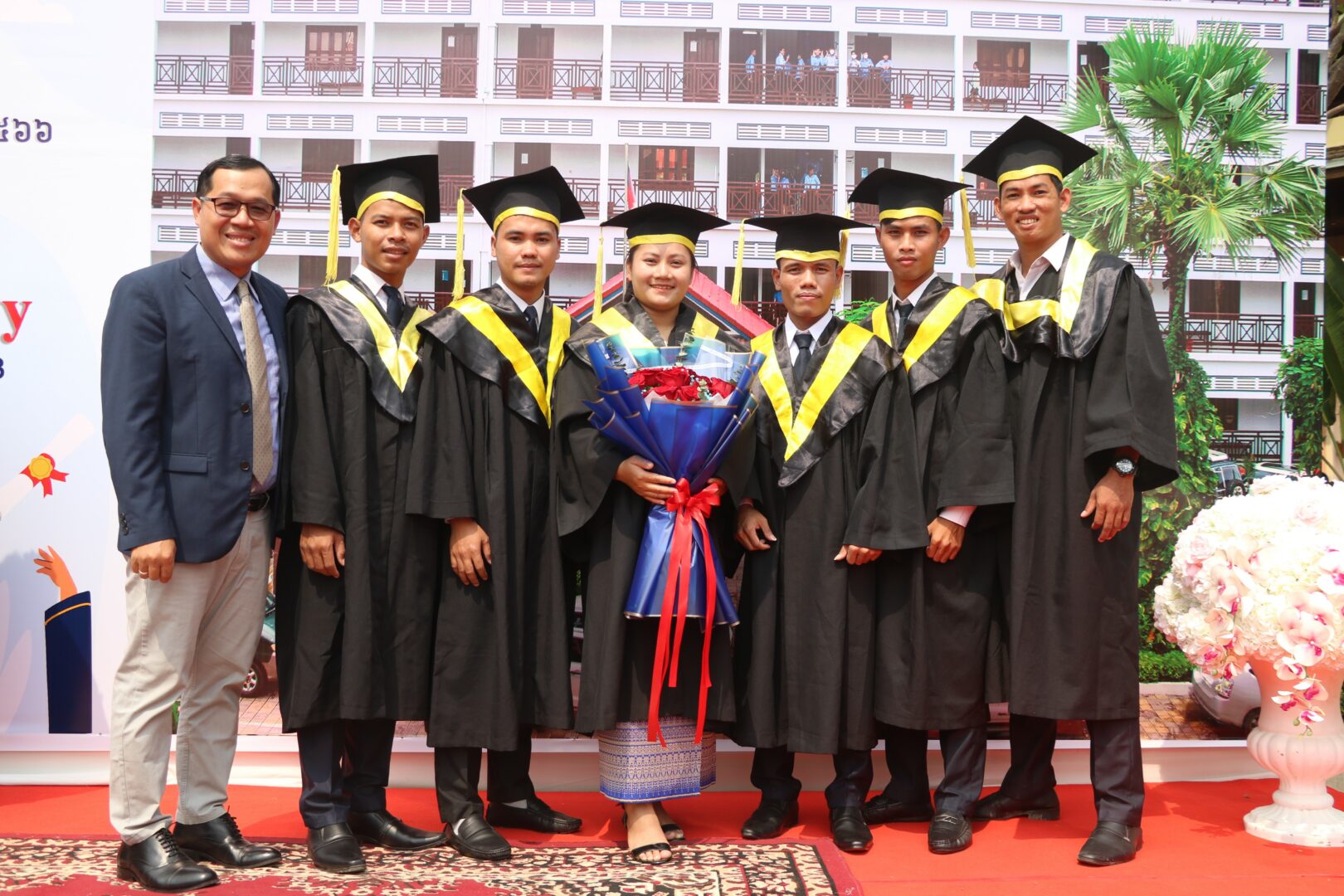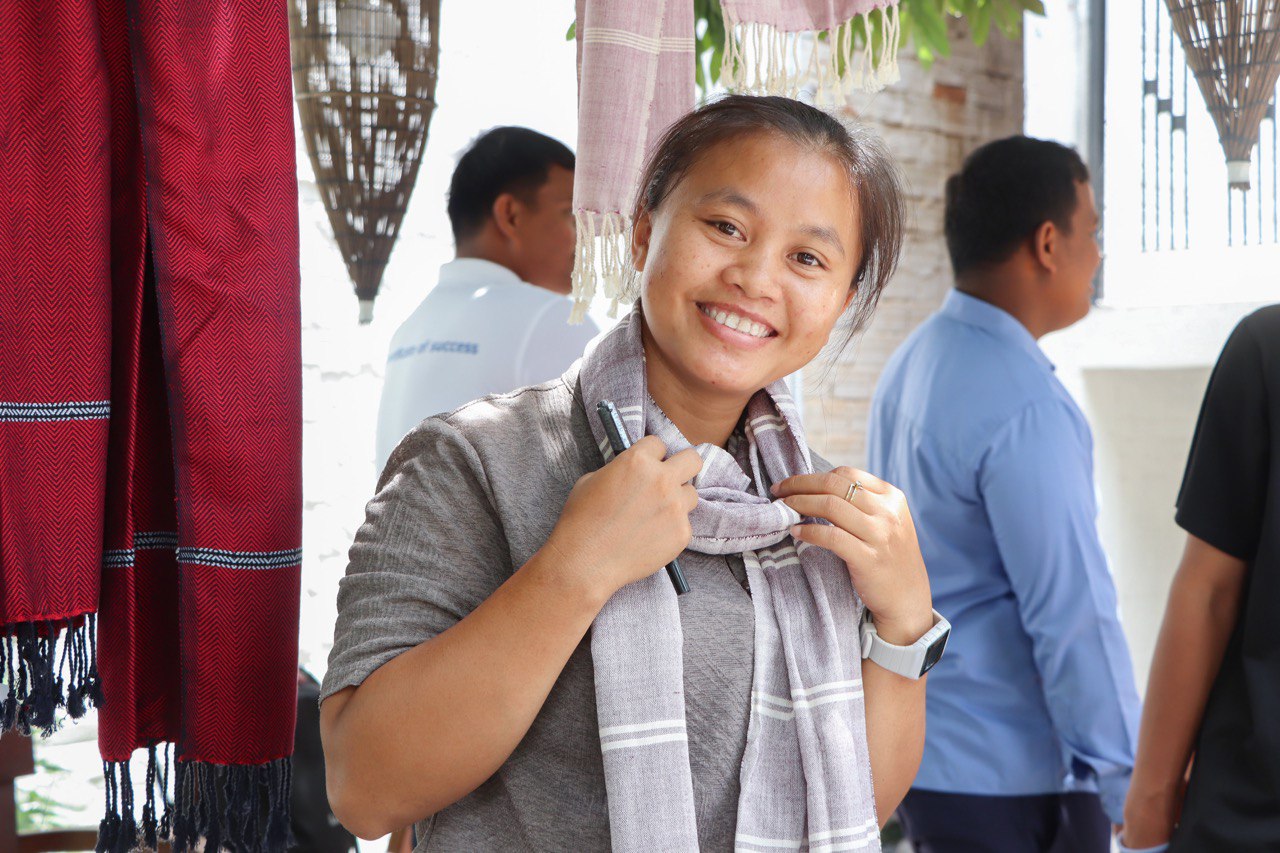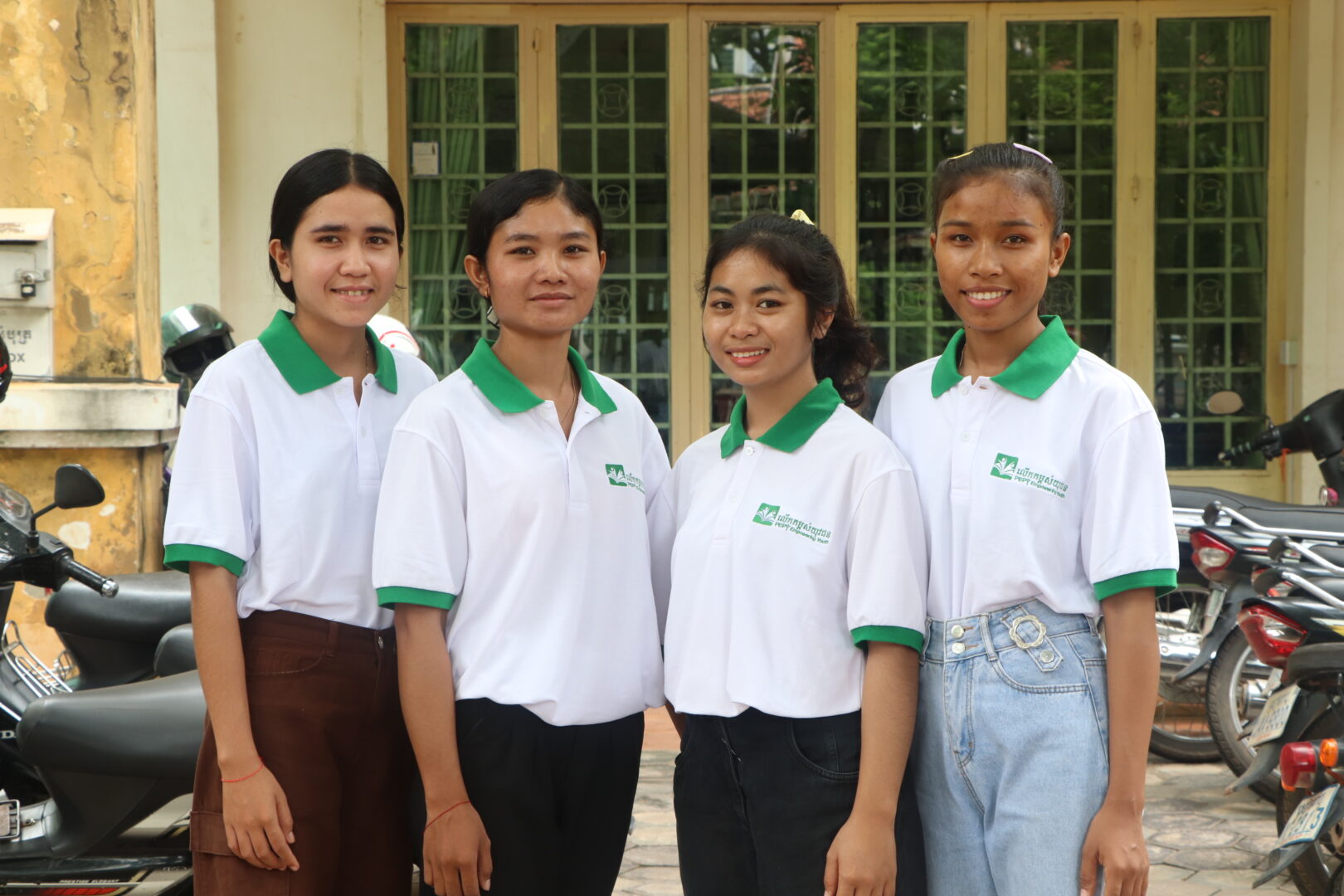PEPY Wins Geotourism Challenge!!!
September 9, 2009OLPC: The $100 laptop DOES have potential
September 14, 2009I’m excited to say that PEPY’s recent literacy camp was an incredibly successful event. But this year, it wasn’t all that exceptional.
When the principal said he wanted Khmer Literacy to be the focus of his school last year, we began discussing the idea of a literacy camp in May 2008. The word camp doesn’t translate well into Khmer. We searched with our Khmer staff for something that would capture the meaning we wanted, a word that embodied the enthusiasm, free-spirit, and fun, but also the purpose behind the American tradition of “camp”. We settled on “titvi amnang” which roughly translates into reading festival, or reading celebration. During the first titvi amnang in 2008, we struggled to explain and model the concept. Studying, but not school. Fun, but not chaotic. Reading and writing, but not pushing. Games, activities, laughter, songs. Fostering a love of study, and a desire to do more. I wasn’t completely sure it was going to be successful until about Day 4, when I walked through classrooms erupting with laughter, saw students standing on tables and chairs reading with hand gestures, and finally saw the transformations: students who recognized study can be fun, teachers who saw their own capacity to connect with and motivate children.
It’s hard to move from an atmosphere of strict schooling to a more child-friendly environment. Most schools in Cambodia have few models of the latter, despite the government’s official policy of “Child Friendly Schools”. Teachers often hit students, most students are scared of their teachers, and rote memorization and repetition is the primary means of transferring knowledge. Titvi amnang was and is about breaking out of that routine, and starting the school year with training on Child Friendly Schools (along with literacy pedagogy), and a reminder that both learning and teaching can be fun.
It worked last year, a success that felt momentous. It was the first time I’d seen what looked like the kind of school environment I’d grown up with: kids engaged in study, teachers smiling and helping small groups with individual work, songs and energizers to break up the morning. This year, I was surprised to notice my own reactions to what was undeniably a smoother, more engaging, significantly bigger, and still more efficiently run camp. I didn’t feel the same adrenalin rush, the same intense pride in the teachers and students for their work. It wasn’t breath-taking. I didn’t know how to write about it without feeling like I was faking the enthusiasm I’d felt last year.
After a few days I moved from a confused state of lacking pride to exhilaration. A light went off. I wasn’t blown away by the camp because there was a noticeable difference in the “everyday” I was comparing it to. Less about the camp felt exceptional, because it’s simply no longer an exception at Chanleas Dai Primary school. When I pass by the first grade classroom on a regular school day it no longer looks like a concrete cell. The alphabet and numbers line the walls, there are books on a classroom library shelf, and sometimes Vanna reads to the kids outside under the trees. In several classrooms desks are pushed together in groups. The library is alive with laughter and reading aloud each day.
I don’t attribute this only to the literacy camp. PEPY’s been working in Chanleas Dai since 2005, and in the past year has invested over 35 days of training and thousands of dollars into supporting teachers, students, and the community here. Moreover, the principal, teachers, and Ministry of Education trainers have done far more work than PEPY in turning Chanleas Dai into a Child Friendly environment. Nonetheless, it is heartening to realize that some changes are sticking, and that in circumstances far from ideal, teachers are making real changes in their classrooms. This we have seen clearly among the 10 teachers who participated in last year’s camp. With more than 40 government teachers from nearby villages participating this year, we hope that some of those same changes extend to other nearby schools.
Check out pictures of this year’s highly successful no-longer-“exceptional” literacy camp (by PEPY intern Anna Baranova).



